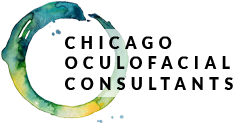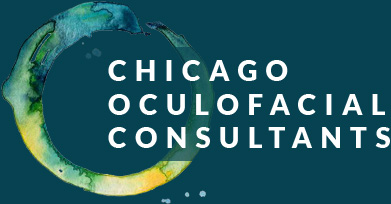The decision to get upper eyelid surgery is huge. You should feel good about the fact that you are taking such a big step towards your physical and cosmetic health. At this point, you have probably gone through a few consultations with a board-certified oculofacial surgeon and you are feeling more confident about the entire process. Let us look at how to prepare for upper eyelid blepharoplasty.
How to Prepare for Upper Eyelid Blepharoplasty
If you still have any questions or concerns, the below guide can help you out. You might be wondering how to prepare for upper eyelid surgery on your own before you visit the surgeon. From the initial consultation to the final results, here are some great tips to follow for a smooth and easy experience all the way through.
Educate Yourself
You cannot go into surgery without a basic understanding of what the procedure is, how it works, and what effects it will have on your body. Surgery is life-altering, no matter how big or small the operation is. Upper eyelid blepharoplasty addresses moderate to severe eyelid issues. This can include excessive drooping (ptosis), skin damage, and asymmetry between the two eyes. In some cases, the skin droops so far that it disrupts your field of vision.
You need to be extra sure that you need and want upper eyelid surgery before you can commit. Results are not guaranteed, though a certified specialist will give you confidence that the surgery will go well. We encourage you to ask questions until you are feeling completely confident about what you are signing up for.
Complete Testing and Consultations
The surgeon will need to approve of your surgery by carefully reviewing your medical history and completing certain tests. You may be asked to visit a lab to get bloodwork done, which will determine your candidacy for surgery. This is also a great time to let your surgeon know about the medications you take, as some of them may interfere with the healing process.
You will be given other helpful lifestyle tips that you can use in preparation for the surgery. For example, you should stop smoking and drinking for a few weeks before (and after) blepharoplasty.
Plan Ahead for Recovery
You might think that it is counterproductive to think about recovery before you are even fully ready to get surgery. However, you need to have everything set up well in advance of your procedure. Once you arrive home, you will be very groggy, and you might even be in some discomfort. You should entrust the help of a friend or family member to watch over you at home and help you stay comfortable.
By the way, the average blepharoplasty recovery timeline is between four and six weeks. For the first two weeks, you will want to rest while you wait for the bruising and swelling to go down. The last few weeks will give you the freedom to return to work, but you should still take it easy until you are fully healed.
Limit the Use of Your Eyes
Another thing to keep in mind before and after your surgery is that your eyes will be sore. It can put a lot of strain on your eyeballs and your eyelids to continuously look at different things. With your eyes constantly under this stress, it can prolong or even damage your surgery results. Though it may be difficult at first, you should try to spend most of your recovery away from the phone or the TV. Try listening to music, taking baths, and resting outside when it is not too bright.
Do Not Rush Results
You are eager to see what your new and improved upper eyelids look like after surgery. But, you may still have to wait a little bit longer before the results are fully formed. It can take six weeks or more for the internal bruising to heal up, leaving you with a beautiful new layer of skin. There is no need to rush, as your results are designed to last you a very long time. You will have many long years to enjoy this youthful appearance. While the natural signs of aging will take over again as you get older, some of the permanent corrections made by blepharoplasty will remain for life.
Upper Blepharoplasty in Chicago
Chicago Oculofacial Consultants raises the bar in service, treatment, and efficacy. You will find plenty of lower and upper blepharoplasty treatments that address your cosmetic concerns in a way that aligns with your overall goals. Learn more about upper blepharoplasty, and the preparation process, when you get in touch with us. You can learn more on our website or visit us in person to schedule your first consultation.


